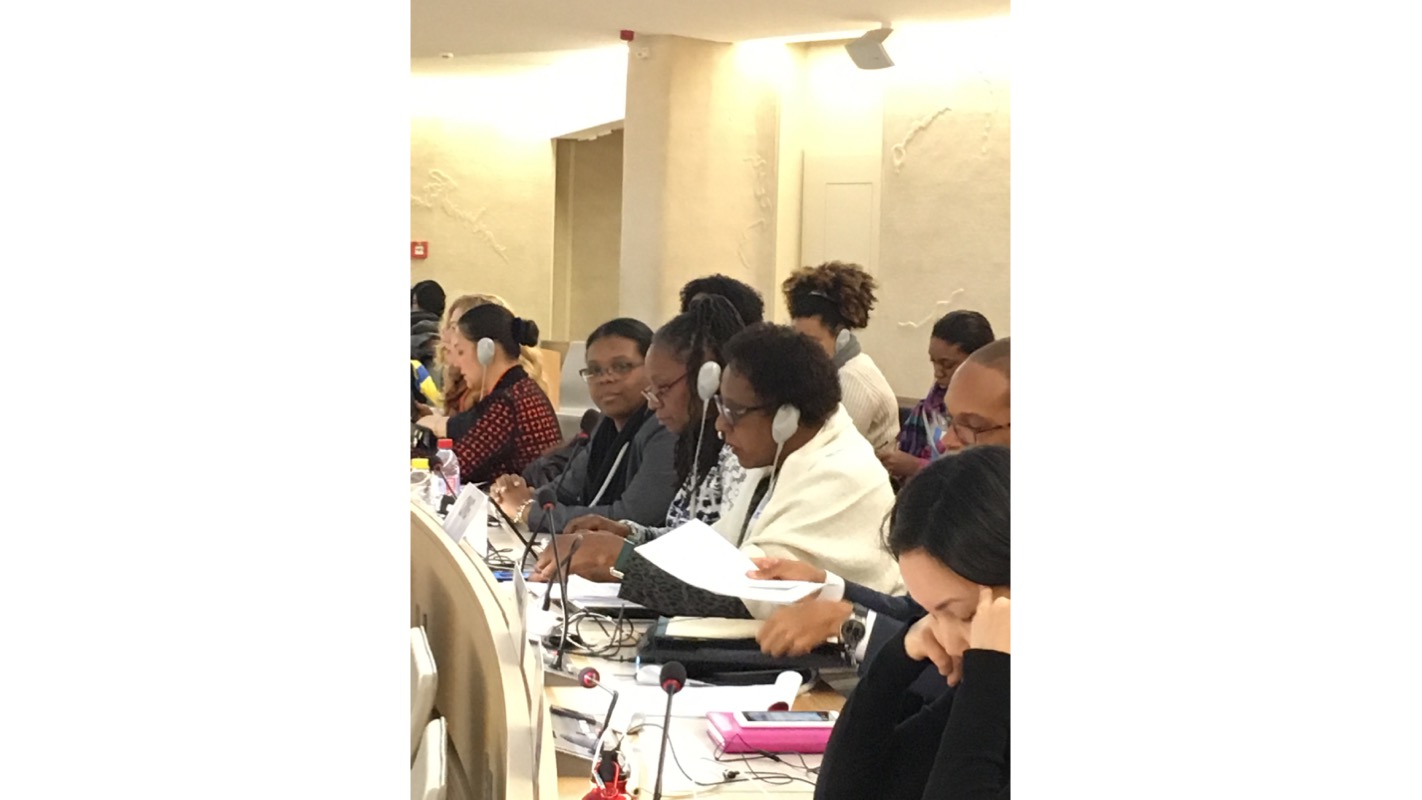Key Challenges Identified and Recommendations Made to CERD by Civil Society Actors
Geneva, Switzerland. February 2017 A public consultation with civil society actors, entitled “Joining Hands to End Racial Discrimination,” was held during the Committee’s 91st session in Geneva, Switzerland, on November […]

Geneva, Switzerland. February 2017
A public consultation with civil society actors, entitled “Joining Hands to End Racial Discrimination,” was held during the Committee’s 91st session in Geneva, Switzerland, on November 23, 2016. The Institute and representatives from its partner organizations participated, along with CERD Committee Members and other civil society stakeholders, as detailed in a previous article.
The final report of the consultation has been recently released and it compiles a number of key challenges and recommendations made to the Committee by civil society actors in both written and oral statements.
The consultation had three main objectives: 1) To gain an up-to-date picture of the main challenges faced by civil society in combatting racial discrimination around the world; 2) To gain an overview of the recent experiences of civil society organizations in their engagement with CERD; and 3) To receive ideas regarding how to enhance the Committee’s engagement with civil society in the fulfilment of its mandate.
With regard to key challenges, the dialogue and written submissions noted with concern the increasing racialization of economic disparities and advancement of ideas supporting societal superiority, phenomena that have led to a greater polarization of groups. They also brought attention to current manifestations of racial discrimination in various areas of the world and identified particularly vulnerable groups; for example, racism and racial discrimination against Dalits, people of African descent, Roma, indigenous peoples, migrant workers, Muslim communities and refugee and migrant communities featured prominently.
Institutionalized racism, a lack of legal and political infrastructure to protect victims, as well as political, social and economic disparities faced by racial, ethnic and religious minorities were recurring topics during the consultation.
The discussions also highlighted the problems associated with countries’ lack of data collection on racial discrimination, and it raised questions about how to improve this. Concerns were raised by those working in civil society who noted with disappointment that states sometimes did not fully implement the recommendations of the Committee. NGOs wrote about the lobbying activities that they have undertaken with their respective governments to promote and protect human rights and reduce racial discrimination.
The issue of language diversity was raised as well, as the Committee’s documents and procedures are not accessible to many NGOs who work in languages other than the official United Nations languages.
Some of the recommendations for CERD to enhance its engagement with civil society included:
- To travel to States parties to present reports and stimulate discussion about discrimination in the visited country.
- To ensure that CERD’s focus during State party examinations and in its concluding observations not only includes an examination of the federal level, but that it also considers the actions of provincial governments and authorities.
- To develop a collective complaints mechanism involving the violation of rights that are collective in nature, such as those held by indigenous peoples.
- To establish a joint complaint mechanism and/or joint follow-up mechanism that cuts across the treaty bodies.
- To provide training programs for civil society organizations.
- To increase efforts to understand the specific dynamic of decentralized state structures and how they impact racial discrimination, in law and practice.
- To consider a formalized procedure for reviews of States parties in the absence of a State party report.
- To increase outreach through social media in order to share more information and help NGOs better engage with CERD.
Finally, the final document illustrates that many civil society organizations are not aware of the ICERD and the procedures that exist under the CERD mandate. A genuine opportunity exists to maximize ties between civil society actors and the Committee, and to communicate the issues within CERD’s mandate in a more systemic way.
The consultation succeeded in raising the profile of the ICERD in global discussions on racial discrimination, in light of the worldwide rise in manifestations of racial discrimination, including the recently witnessed hate speech, hate crimes and racist attitudes towards refugees, migrants and other minorities.
The full text of the outcome document can be found in here. English version only.

